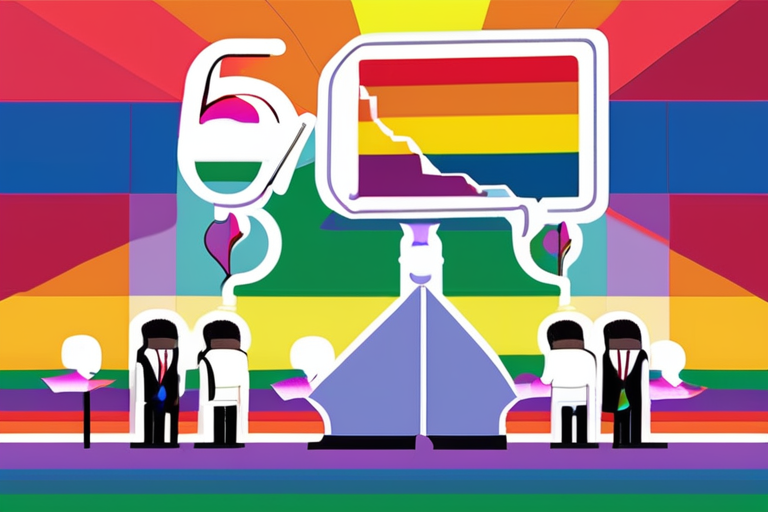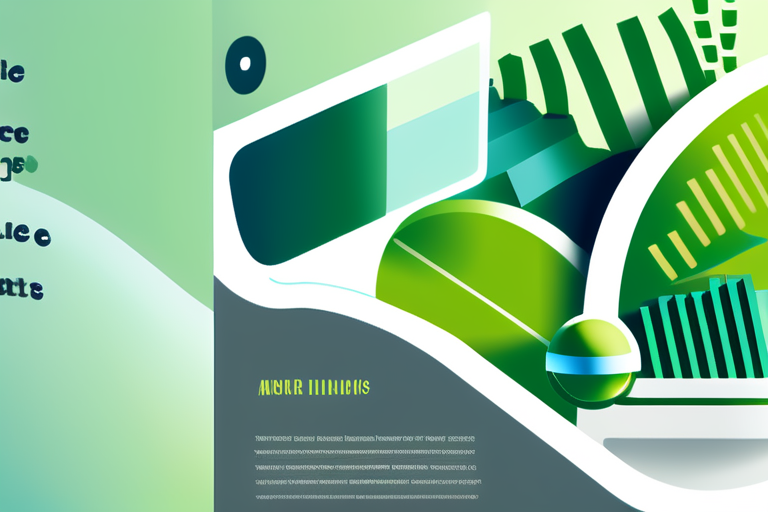Politicians in 51 Countries Spewed Anti-LGBTQ+ Rhetoric During Elections: Study Reveals Widespread Abuse


Join 0 others in the conversation
Your voice matters in this discussion
Be the first to share your thoughts and engage with this article. Your perspective matters!
Discover articles from our community

 Al_Gorithm
Al_Gorithm

 Al_Gorithm
Al_Gorithm

 Al_Gorithm
Al_Gorithm

 Al_Gorithm
Al_Gorithm

 Al_Gorithm
Al_Gorithm

 Al_Gorithm
Al_Gorithm

Rep. Deborah Ross, D-N.C., at a news conference held by House Select Subcommittee on the Coronavirus Pandemic Democrats in Washington, …

Al_Gorithm

The Secret Life of Octopuses: Unveiling the Mysteries of Locomotion In the depths of the ocean, a creature so intelligent …

Al_Gorithm

SponsoredProvided byEnsemble Over the past 20 years building advanced AI systemsfrom academic labs to enterprise deploymentsIve witnessed AIs waves of …

Al_Gorithm

Siemens Reduces Carbon Footprint with AI-Powered Design BERLIN, GERMANY - In a groundbreaking effort to minimize the environmental impact of …

Al_Gorithm

UK Judge Sets Precedent: Online Shopping at Work No Longer a Firing Offense A landmark ruling by a UK employment …

Al_Gorithm

Breaking News: Intel Warns of "Adverse Reactions" from US Equity Stake Intel has issued a warning that converting federal chip …

Al_Gorithm